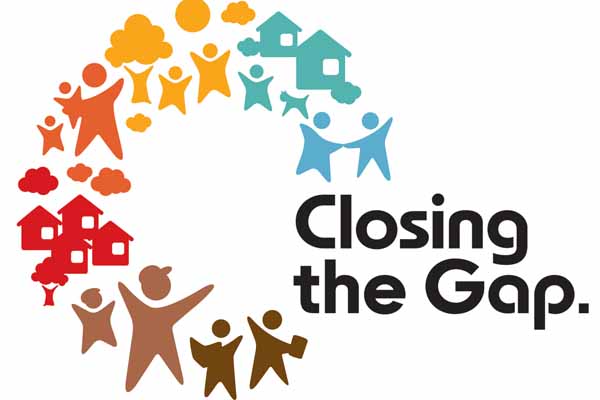Putting healthy food on the table is one of the biggest issues facing Aboriginal families living in Brimbank, a new health study has revealed.
The Closing the Gap in North Western Melbourne information paper 2015 highlights trends and issues in Aboriginal health across the north-west over the previous year.
It revealed several health indicators that suggest “higher rates of disadvantage … for all residents” of Brimbank.
More than 700 Aboriginal people were living in Brimbank at the time of the last Census.
Melbourne Primary Care chief executive Associate Professor Christopher Carter believes the availability of affordable housing for low-income earners is one of the main reasons for Brimbank’s high proportion of single parent families of Aboriginal background (31 per cent), and non Aboriginal background (14.2 per cent).
He said “food security” was a “concerning issue” for all Brimbank residents.
“It’s an issue across Brimbank itself,” he said. “They’re not getting enough fresh, healthy fruits and vegetables.”
There were also low attendance rates for key age and stage visits with a maternal and child health nurse, more than 15 per cent lower the state average in 2013-14.
“Those results were quite poor for Brimbank,” he said. “The sooner you can intervene with young children, the better.”








